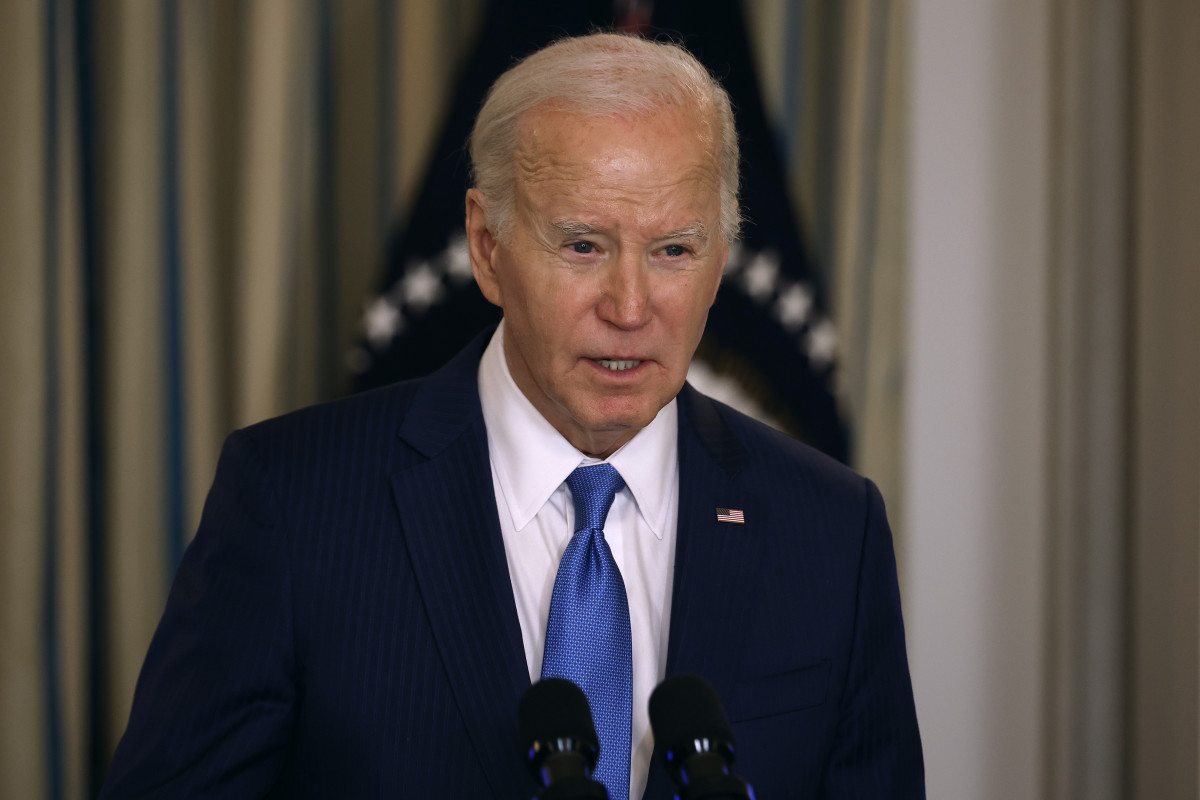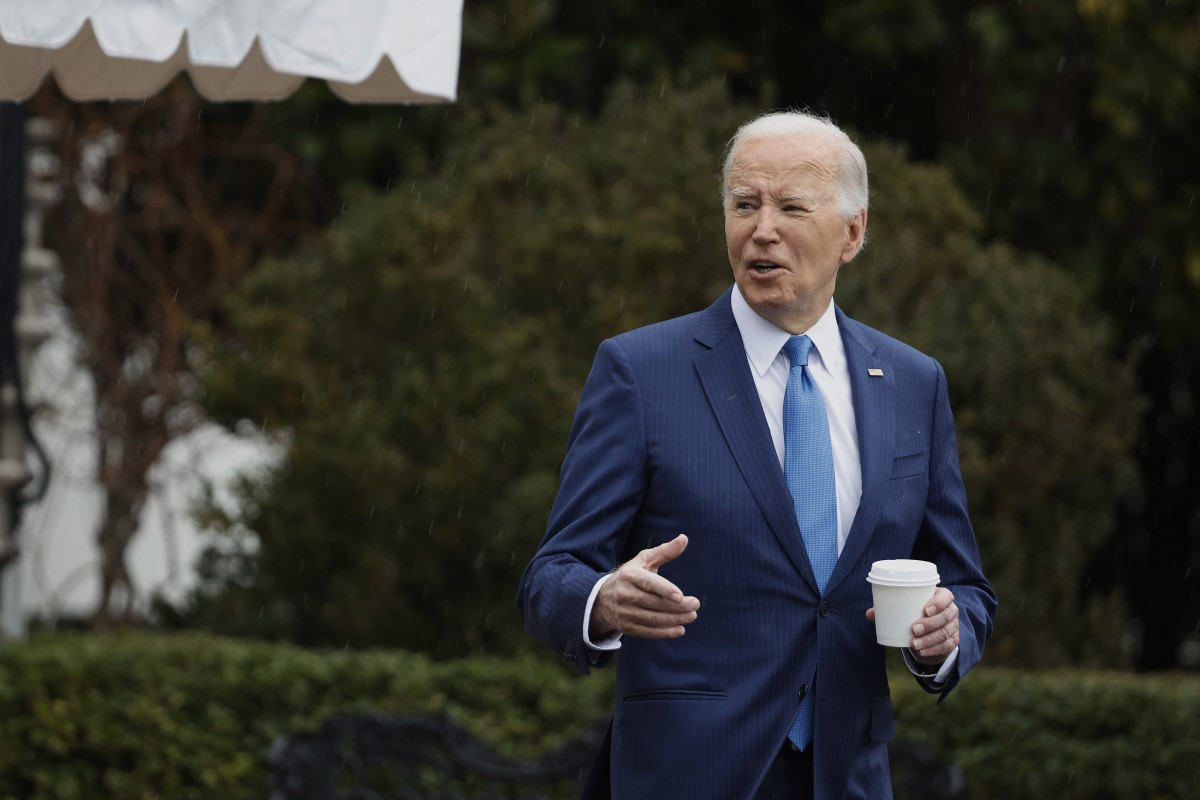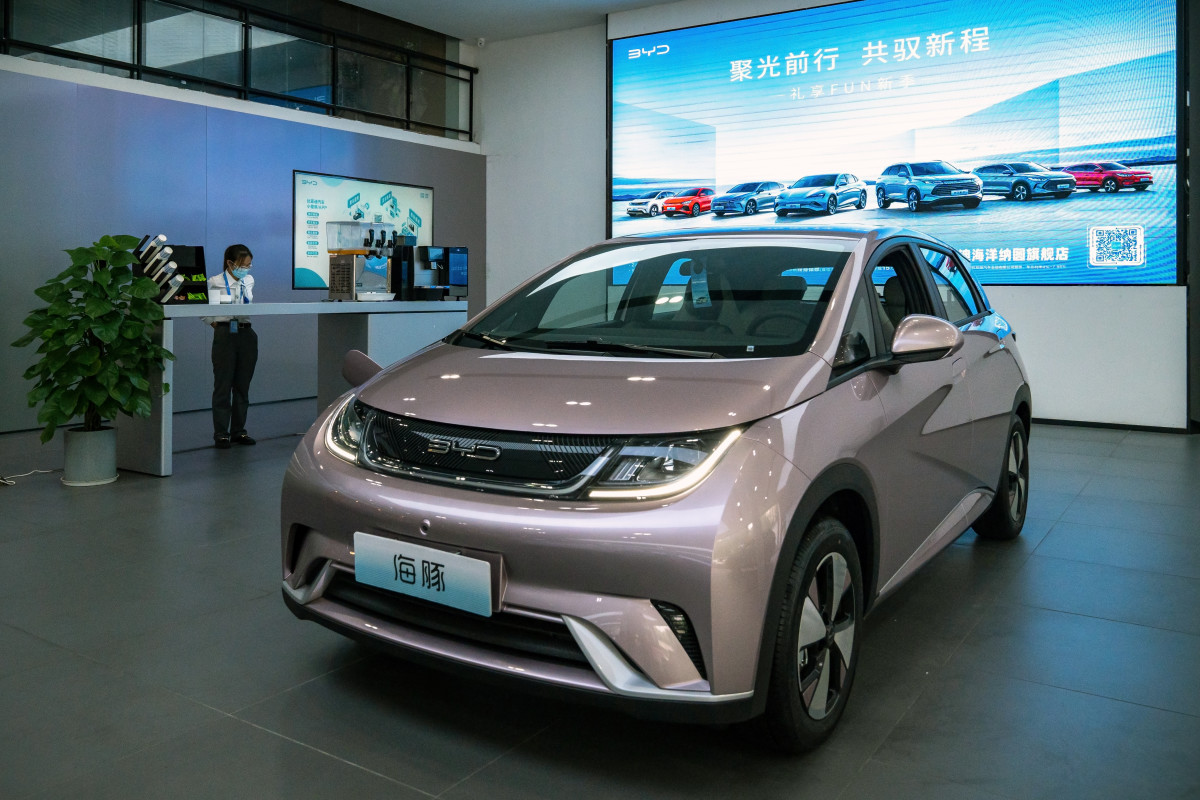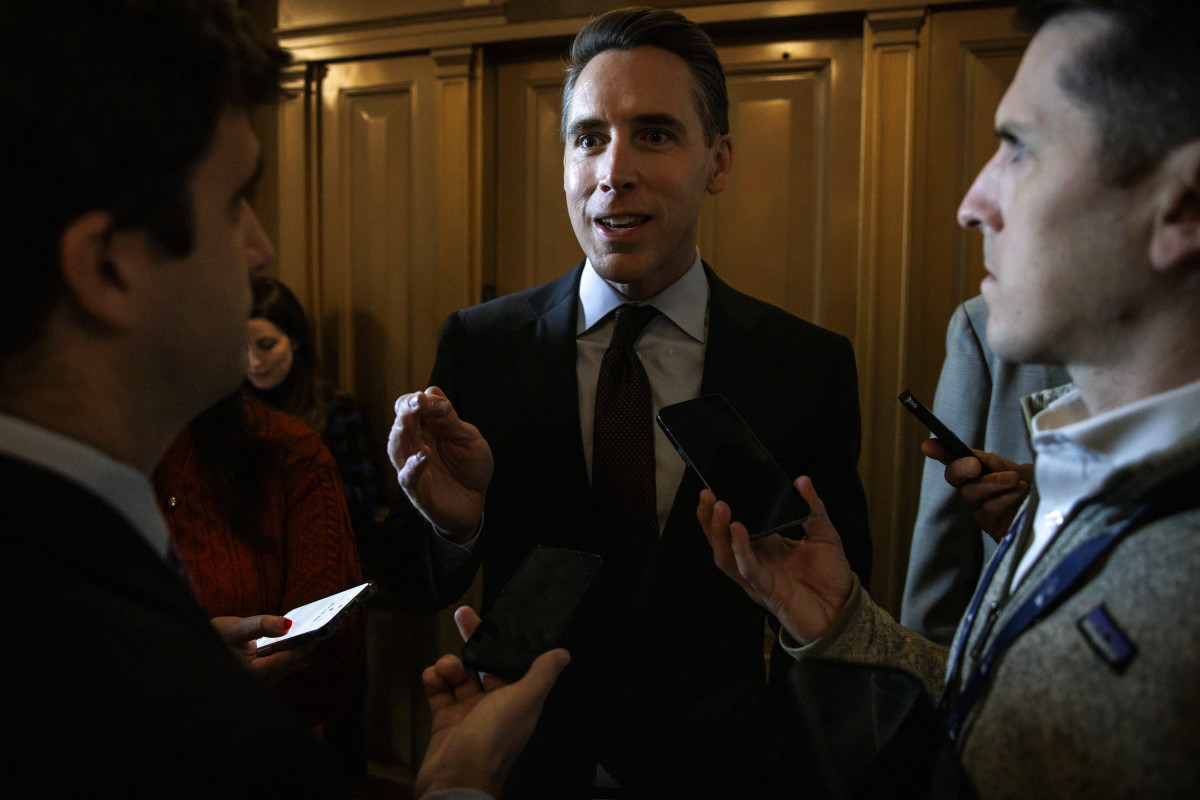
Amidst calls from lawmakers and industry advocates, the Biden administration is spearheading an effort to block Chinese EVs from entering the U.S. market.
Related: Trade group is begging lawmakers to close a loophole for Chinese automakers

In a statement released early on February 29, the Department of Commerce announced that it is, under the president's direction, investigating potential national security threats via "connected cars" from Chinese brands, which could send sensitive information to Beijing.
"Connected vehicles collect large amounts of sensitive data on their drivers and passengers; regularly use their cameras and sensors to record detailed information on U.S. infrastructure; interact directly with critical infrastructure; and can be piloted or disabled remotely," the White House said.

Officials, including President Biden, have noted that this move is aimed to act as a stopgap measure for preventing cars made by Chinese marques from entering the domestic U.S. auto market. In remarks accompanying the announcement, President Biden emphasized that "a dynamic auto industry is vital to the U.S. economy."
"China is determined to dominate the future of the auto market, including by using unfair practices," President Biden said. "China’s policies could flood our market with its vehicles, posing risks to our national security. I’m not going to let that happen on my watch."
Administration officials told The New York Times that Chinese-made versions of in-car software could track Americans movement and activity, including where they drove, charged and even what kind of music or podcasts they listen to while driving. Additionally, officials noted that American automakers operating in China were "essentially forced" to use localized versions of in-car software in Chinese-market vehicles.

On February 28, Sen. Josh Hawley (R-Mo.) introduced legislation that would make it drastically harder for Chinese-based automakers to sell their EVs in the United States.
In his bill titled the "Protecting American Autoworkers from China Act," Sen. Hawley proposed raising base tariffs on cars from China from 2.5% to 100%, amounting to a total penalty of 125% (when including the 25% tariff former President Trump imposed) on all imported cars from China, as well as applying said tariffs to cars made by automakers of Chinese origin, regardless of manufacture location.
“If Joe Biden wants to support American autoworkers, he should start by protecting them from the existential threat posed by China,” Senator Hawley said in a statement. “We must put American workers first, bring jobs back to American soil, and reject radical climate mandates that make China rich and America poor.”
More Business of EVs:
- A full list of EVs and hybrids that qualify for federal tax credits
- Here’s why EV experts are flaming Joe Biden’s car policy
- The EV industry is facing an unusual new problem
On the flipside, Chinese automakers like Tesla (TSLA) rival BYD (BYDDY) are exercising caution with the U.S. market. In a recent interview, BYD Executive Vice President and CEO of BYD Americas Stella Li said that the brand is not interested in the U.S. market.
"We're not planning to come to the U.S.," Li said during a February 26 appearance on Yahoo Finance. "It's an interesting market but it's very complicated if you're talking about EV, and then I think the US market is a little bit slowdown on electrification and there are a lot of confusing, also very complicated, so we're saying, 'No... we don't have plans to come to the US."
"Everything is complicated. Politics are complicated... and it's confusing for the consumer, and then they don't know which to choose."
Related: Veteran fund manager picks favorite stocks for 2024







